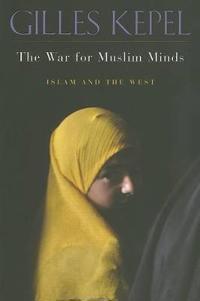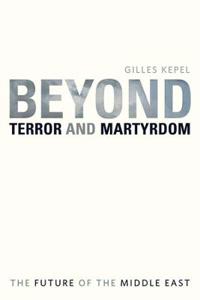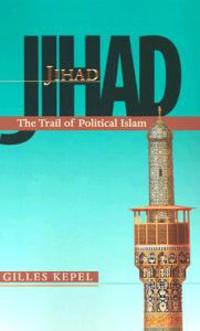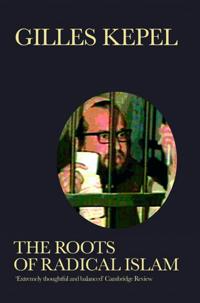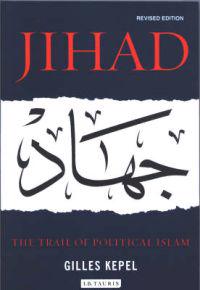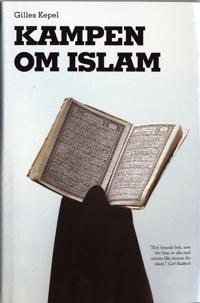The War for Muslim Minds (Pocket)
avGilles Kepel, Pascale (TRN) Ghazaleh, Gilles Kepel
ISBN: 9780674019928 - UTGIVEN: 2006-04The events of September 11, 2001, forever changed the world as we knew it. In their wake, the quest for international order has prompted a reshuffling of global aims and priorities. In a fresh approach, Gilles Kepel focuses on the Middle East as a nexus of international disorder and decodes the comp[...]
Beyond Terror and Martyrdom (Pocket)
avGilles Kepel, Pascale (TRN) Ghazaleh, Gilles Kepel
ISBN: 9780674057319 - UTGIVEN: 2010-10Since 2001, two dominant worldviews have clashed in the global arena: a neoconservative nightmare of an insidious Islamic terrorist threat to civilized life, and a jihadist myth of martyrdom through the slaughter of infidels. Across the airwaves and on the ground, an ill-defined and uncontrollable w[...]
Jihad: The Trail of Political Islam (Häftad)
avGilles Kepel
ISBN: 9780674010901 - UTGIVEN: 2003-03The late twentieth century has witnessed the emergence of an unexpected and extraordinary phenomenon: Islamist political movements. Beginning in the early 1970s, militants revolted against the regimes in power throughout the Muslim world and exacerbated political conflicts everywhere. Their jihad, o[...]
The Roots of Radical Islam (Häftad)
avGilles Kepel
ISBN: 9780863565090 - UTGIVEN: 2005-03The suicide attacks of 11 September 2001 originated deep within Islamist circles. One of the prime suspects behind the attack, the Egyptian Ayman al-Zawahiri, was heavily influenced by Egypt's radical movements and by Sayyid Qutb, a Muslim Brother who became a prime advocate of jihad and renewed Isl[...]
Jihad (Häftad)
avGilles Kepel
ISBN: 9781845112578 - UTGIVEN: 200602In recent years, the world order has been rocked by an explosive, unexpected and extraordinary phenomenon: political Islam. Beginning in the early 1970s, militants revolted against the regimes in power across the Muslim world and exacerbated political conflicts internationally. Their jihad - or 'Hol[...]
Saint-Denis. Berättelsen om en Parisförort (Inbunden)
avGilles Kepel
ISBN: 9789173537230 - UTGIVEN: 2014-10-24Kampen om islam (Inbunden)
avGilles Kepel
ISBN: 9789173891943 - UTGIVEN: 200609Terrorattackerna den 11 september 2001 förändrade världspolitiken i grunden. Neokonservatia grupper fick allt större makt i Washington och en ny amerikansk mellanösternpolitik formulerades. I Saudiarabien och Afghanistan valde de radikala islamisterna att flytta terrorismen till väst - jihad u[...]

